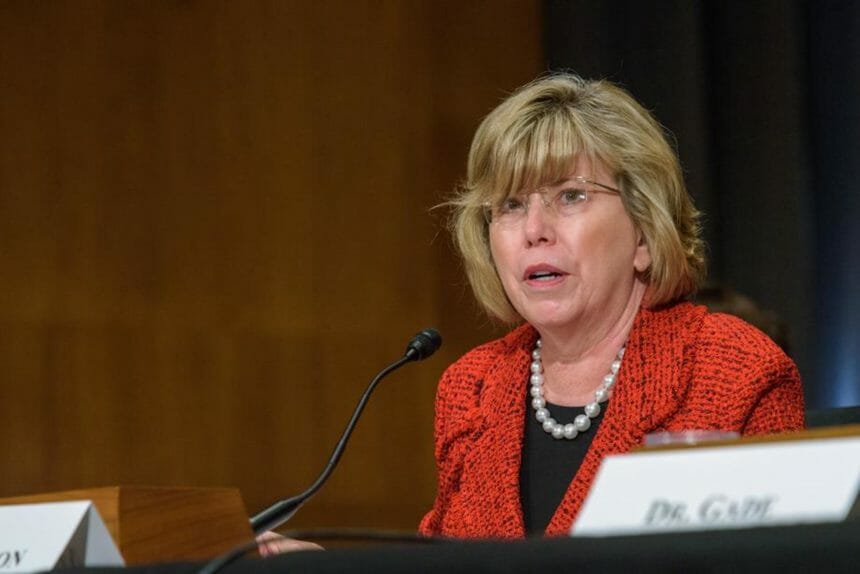
Employers would only be able to offer minor incentives to encourage employees to participate in wellness plans, under a rule proposed Thursday by the U.S. Equal Employment Opportunity Commission.
Commission members voted 2-1 to approve the proposed rule during a remote public meeting. Chair Janet Dhillon and member Victoria Lipnic, Republicans, voted in favor of the rule, whereas member Charlotte Burrows, a Democrat, voted against it.
The proposal, according to the EEOC, seeks to clarify what level of incentives employers may lawfully offer, without violating the Americans with Disabilities Act, to encourage employee participation in wellness programs that require disclosure of medical information.
“Although HIPAA [the Health Insurance Portability and Accountability Act], as amended by the Affordable Care Act, allows employers to offer incentives up to 30% of the total cost of health insurance to encourage participation in certain types of wellness programs, the ADA requires that employee participation in a wellness program that includes medical questions and exams be voluntary,” the Commission said. “In the absence of any ADA statutory definition of ‘voluntary,’ the [rule] proposes that for most wellness programs employers may offer no more than a de minimis incentive to encourage participation, and must meet other requirements, to comply with the ADA. Certain wellness programs, however, will be permitted to offer the maximum allowed incentive under the 2013 HIPAA regulations.”
The rule was drafted after the U.S. District Court for the District of Columbia vacated a portion of the EEOC’s previous ADA regulation on the matter in a lawsuit brought by the AARP, which later sued Yale University because it charged some employees $1,300 annually, or $25 per week, if they did not to participate in the university’s workplace wellness program and share their private medical information.
“This is a particularly important issue for older workers, who are more likely to have disabilities and medical conditions — such as diabetes, heart disease and cancer — that are at risk of being revealed by wellness questionnaires and exams,” AARP Foundation President Lisa Marsh Ryerson said when the Yale lawsuit was announced in July 2019, “and it hits low-income workers the hardest. Allowing employers to financially coerce workers into relinquishing their personal health information is a clear violation of medical privacy and civil rights protections.”
Now that commissioners have voted to approve the proposed rule, it will be reviewed by the White House Office of Management and Budget. If approved, the proposed rule will be published, and the public will be able to submit comments about it before it is finalized.



